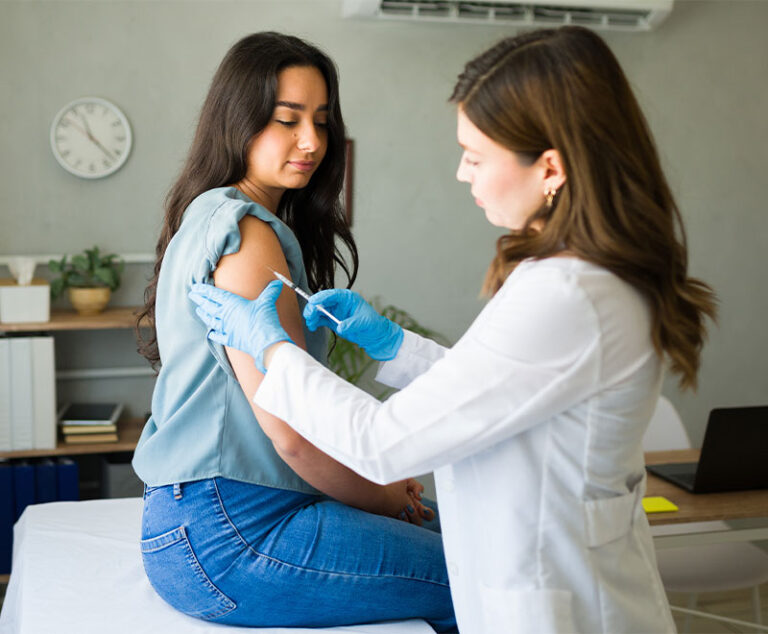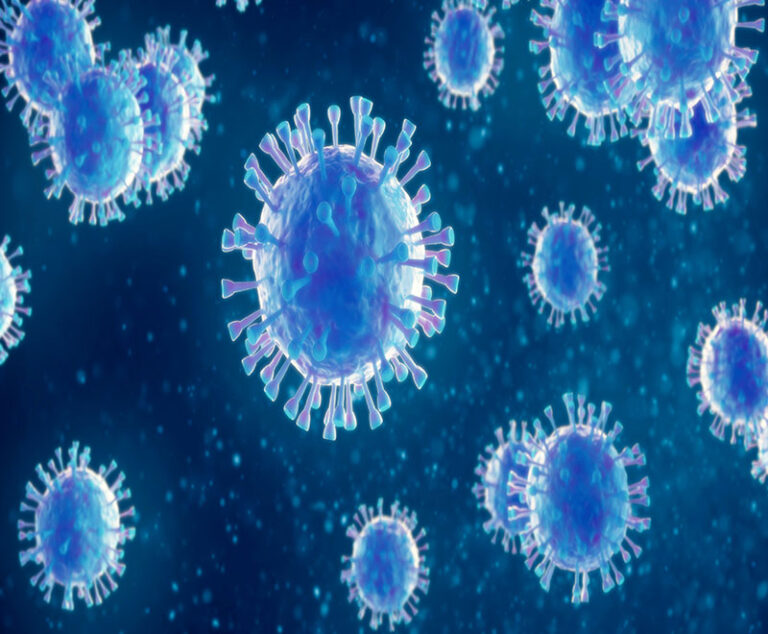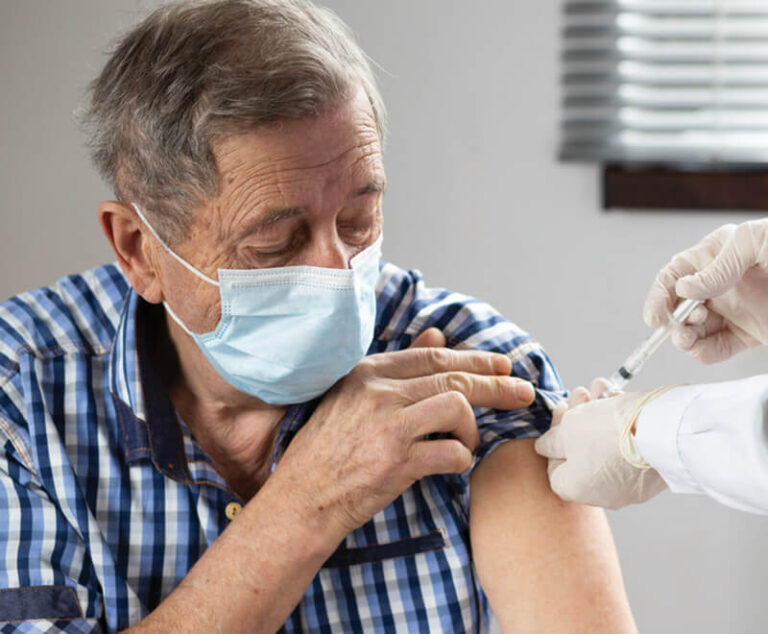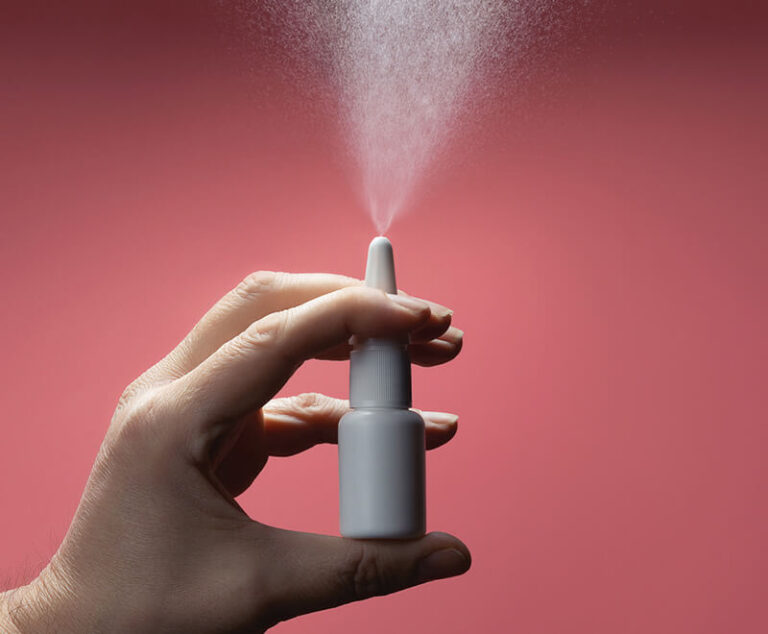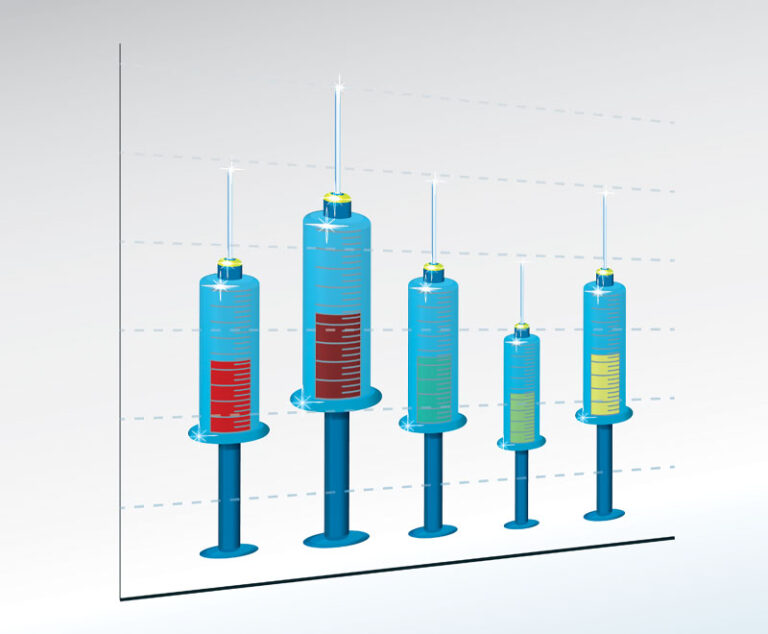Industry News
Research, Science & Manufacturer Updates
Influenza Articles
The first influenza nasal spray vaccine that can be self-administered has been approved by the U.S. Food and Drug Administration (FDA).
New research reveals a promising approach to a universal influenza vaccine vaccine that confers lifetime immunity against an evolving virus.
A new vaccine may help speed up the process of making antibodies against SARS-CoV-2 by using preexisting immunity to a separate virus (the influenza virus).
A Phase I/II study evaluating the safety, tolerability and immunogenicity of Pfizer and BioNTech's mRNA-based combination vaccine candidates for influenza and COVID-19 among healthy adults 18 to 64 years of age show positive topline results.
A Phase I/II study evaluating the safety, tolerability and immunogenicity of Pfizer and BioNTech’s mRNA-based combination vaccine candidates for influenza and COVID-19 among healthy adults 18 to 64 years of age show positive topline results.
Results from Moderna’s Phase I/II clinical trial that evaluated the safety and immunogenicity of its influenza-COVID-19 vaccine, mRNA 1083, showed immunogenicity against all four influenza strains compared to a standard dose of the influenza vaccine, Fluarix, in adults 50 to 64 years of age and against an enhanced influenza vaccine, Fluzone HD, in adults 65 to 79 years of age.
A study by researchers at Georgia State University's Institute of Biomedical Sciences has found a new universal flu vaccine has been found to protect against influenza B viruses that offer broad defenses against different strains and improve immune protection.
Despite technical challenges, some companies are working on making a combination COVID and flu vaccine.
Researchers in a study funded by the National Institute of Allergy and Infectious Diseases and the National Institutes of Health have developed an influenza (flu) vaccine administered through the nose that has been constructed with nanoparticles and offers stronger protection.
Two studies show the influenza (flu) and pneumonia vaccines lessen the risk of developing Alzheimer’s disease (AD) in the future.
A recent experiment found offering healthcare providers financial incentives and creating competition by informing clinics how their performance ranked relative to others were effective in increasing influenza (flu) vaccine rates among patients.
A new study shows cardiovascular outcomes may improve in individuals with hypertension if they receive the influenza (flu) vaccine during the flu season.

